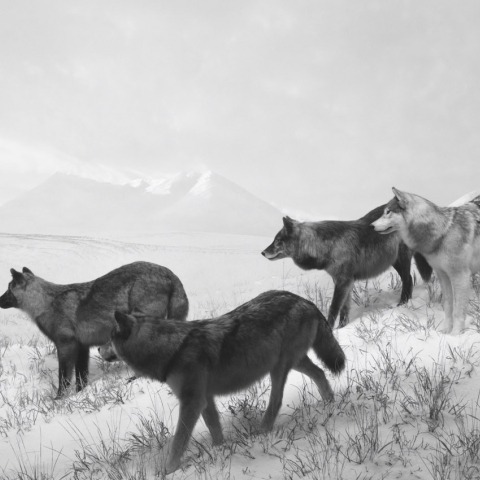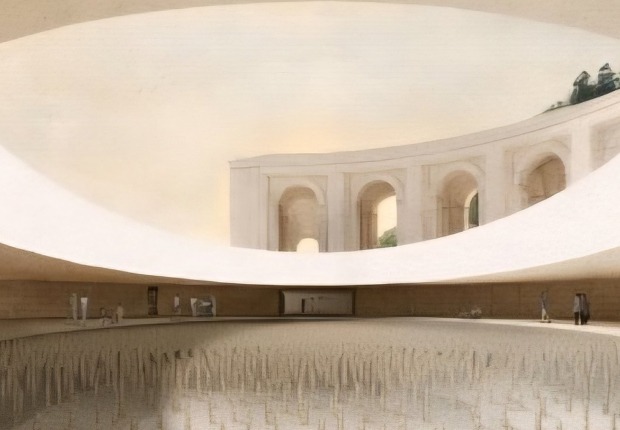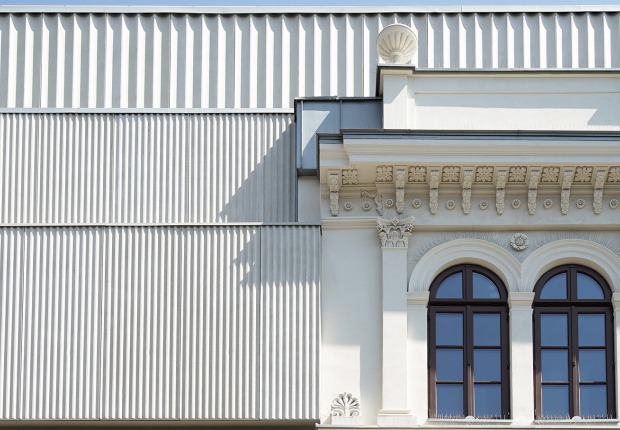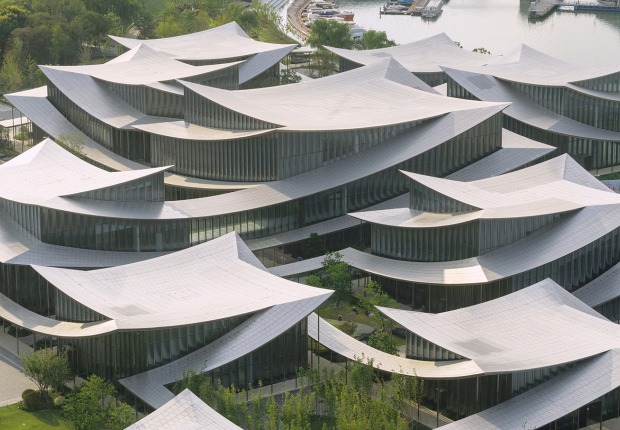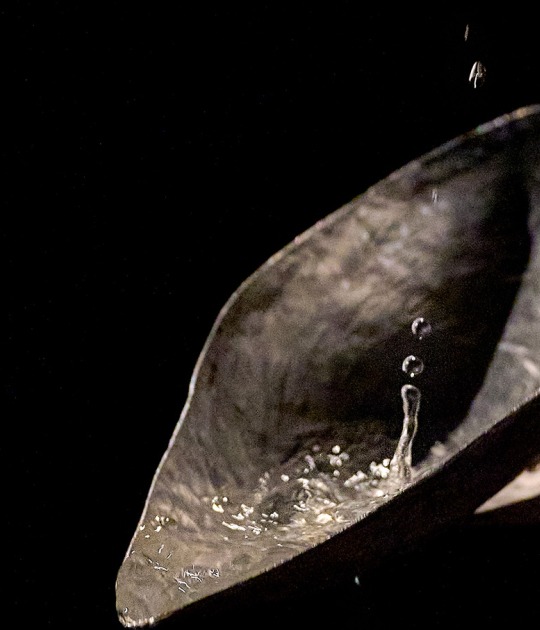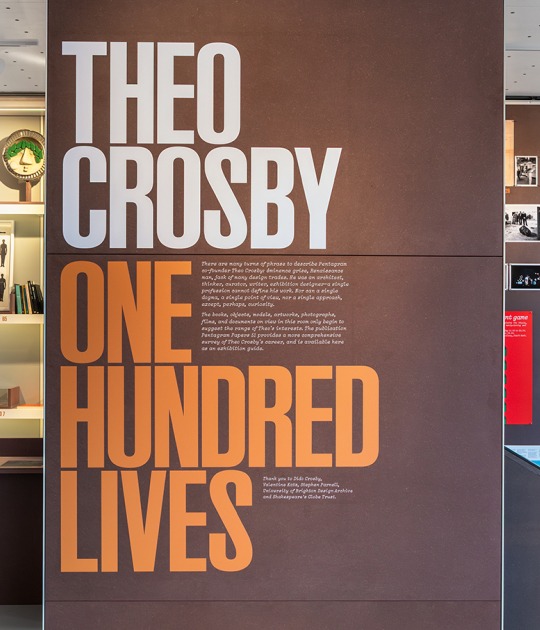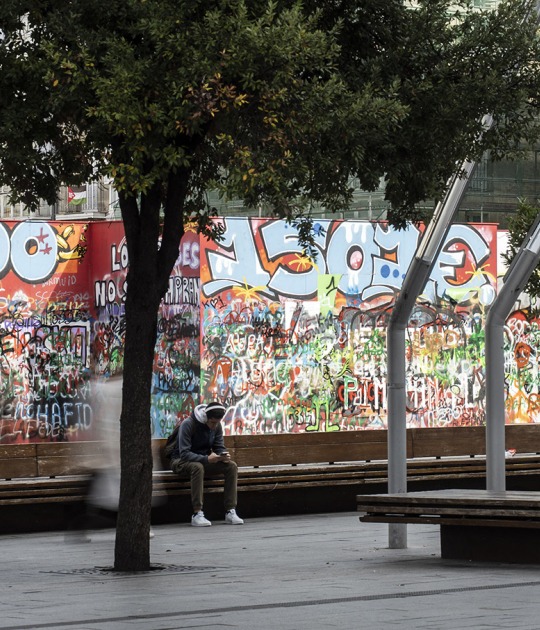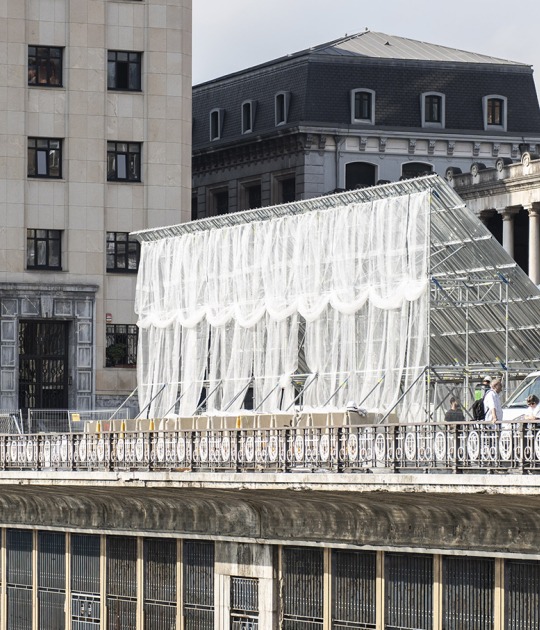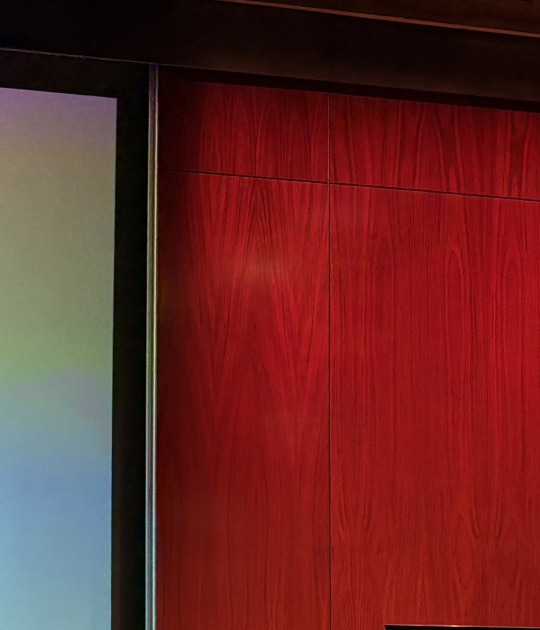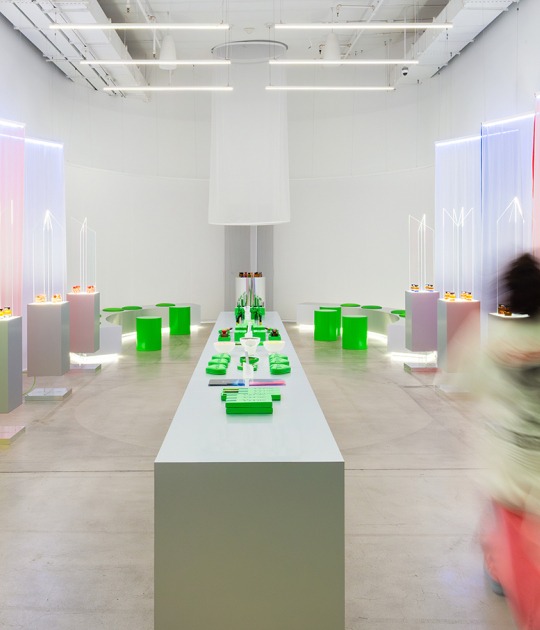The exhibition is divided into five sections devoted to the artist’s major series: Seascapes (1980-present); Portraits (1994-1999); Theaters (1976-present); Dioramas (1976-2012); and Lightning Fields (2006-present). On display are a total of 39 large-format works that offer a survey of the artist’s last forty years of artistic activity while also looking forward to future creations, given that some of these series are still ongoing.
Born in Tokyo in 1948, Hiroshi Sugimoto moved to the USA in 1970 to study photography. A multi-disciplinary artist, he works in sculpture, architecture, installation and photography and in the latter field is considered one of the most important creative figures working today. Sugimoto’s work is represented in international collections such as the Metropolitan Museum of Art, New York, the Smithsonian in Washington, and the National Gallery and Tate Modern in London.
A notably intellectual artist, Sugimoto’s work contains a highly meditated conceptual element that encourages the spectator towards philosophical reflection and which the artist has used to reinterpret some of the principal genres in the classic tradition of photography. Sugimoto is also a master craftsman and has rejected digital technology in favour of traditional methods.
Finally, these images are characterised by great visual beauty and notable technical virtuosity, emphasised by his habitual use of large formats. Taken as a whole, Hiroshi Sugimoto’s work constitutes a profound meditation on the nature of perception, illusion, representation, life and death.
This exhibition on Hiroshi Sugimoto will be on display from June onwards at the MAPFRE Madrid exhibition space.
The exhibition
Seascapes.- The exhibition opens with this series which was started in 1980 and is still in progress today. It features photographs of the primordial landscape of sea and sky taken at various locations around the world and combining representation and abstraction.
Portraits.- Portraits (1994-1999) comprises studio photographs of historical figures made in wax. The centerpiece depicts Henry VIII of England with his six wives, but the series extends to more recent political and religious figures like Yassir Arafat and Pope John Paul II.
Theaters.- Theaters (1976-present) comprises photographs taken at classic movie palaces and drive-in theaters. To make these works, the artist left open the shutter of a large-format camera during the entire showing of full-length films: a simple but radical procedure in which the length of the film determines the exposure time.
Dioramas.- Dioramas (1976-2012) comprises photographs of tableaux of pre-historic landscapes, mostly taken at New York’s American Museum of Natural History. These are images of stuffed animals and models of primitive human beings which seem deceptively real and are used by the artist to call into question our perception of reality and the reliability of photography as evidence.
Lightning Fields.- Created without a camera, Lightning Fields (2006-present) registers the effects of electrical discharges on photographic negatives. In some cases the formal beauty of these patterns suggests river forms or the night sky, but also engages with the history of abstract photography.
